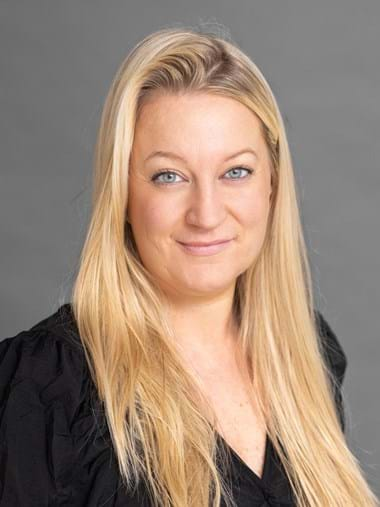Date of birth
6 April 1979
Area of operation
Reykjavík and environs
Workplace, job title and education
Head of publicity and equality representative in the Iceland Academy of the Arts.
I have a Diploma studies at a master’s level in pastoral psychology studies 2021. MBA from Reykjavík University 2016. MBA in Project Management and Entrepreneurship from the Kaospilot School in Denmark 2007.
I am a member of the following boards:
- RÚV
- Kvennaskólinn í Reykjavík
- Bergið – headspace
- Styrktarfélag lamaðra og fatlaðra (SLF), (the Benefit Society for Children with Disabilities)
Email
dilja@dilja.org
Facebook
dilja.amundadottir
Instagram
diljadilja

Experience in community engagement
In addition to serving on councils and committees under the Reykjavík City Council in the years 2010–2022, I have worked on projects and in jobs related to marketing and project management. I founded and ran the company Þetta reddast ehf., which carried out projects in public relations, event management and marketing for a large and diverse group of clients. For several years, I was a project manager at the music festival Iceland Airwaves, where I was in charge of internal marketing, and was a producer at the video game company CCP games for several years. In 2011, I was in charge of the establishment and development of a new social media department at the advertising agency ENNEMM. I was also the project manager of the V-day organisation and managed campaigns and events that highlighted violence against women, in collaboration with UNICEF and UN Women for several years.
Main focuses
- Increased rights of parents of chronically ill and disabled children
As a single mother of a chronically ill and disabled child, I know firsthand how stressful it can be to balance your work and personal life. This group not only needs more vacation days for sick leave, but they also need to be able to rely on individualised flexibility in their work.
VR should be leading the conversation with the government about increasing the rights of this group and formulating more ways to support parents in a vulnerable situation. - Mental health in the economy
Research indicates that 25% of people in the workforce suffer from a mental health problem at any given time, and even more are struggling with mental challenges of all kinds. Around ISK 6 billion is incurred by companies annually due to absence of employees with mental health problems, and that does not include indirect costs. Mental health problems are the most common reason for absences in the labour market.
VR should prevent people from disappearing from the labour market temporarily, or long-term, by greatly increasing members’ access to psychological support, counselling and resources that lead to better mental health.